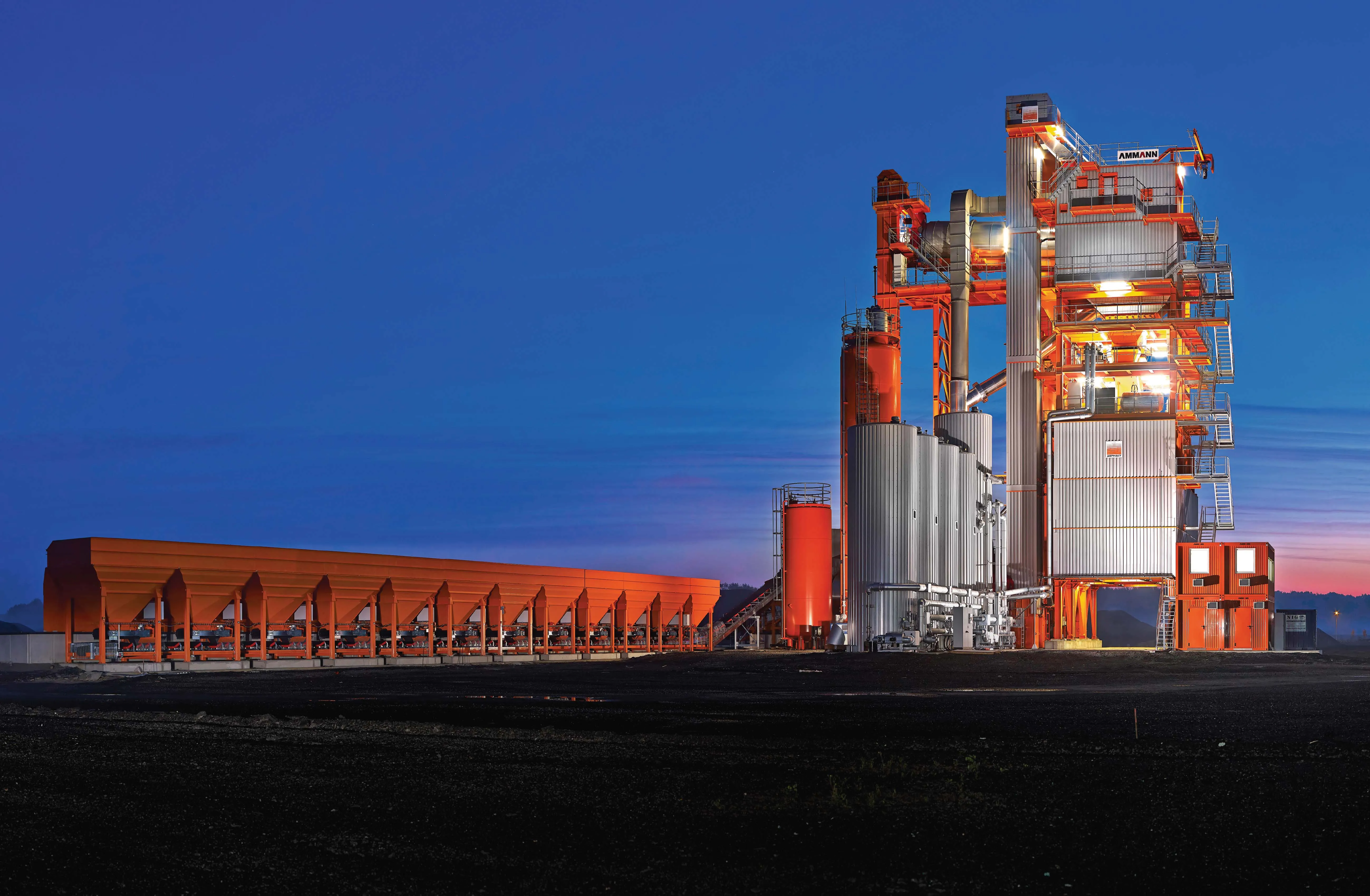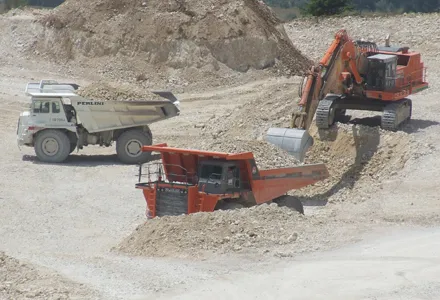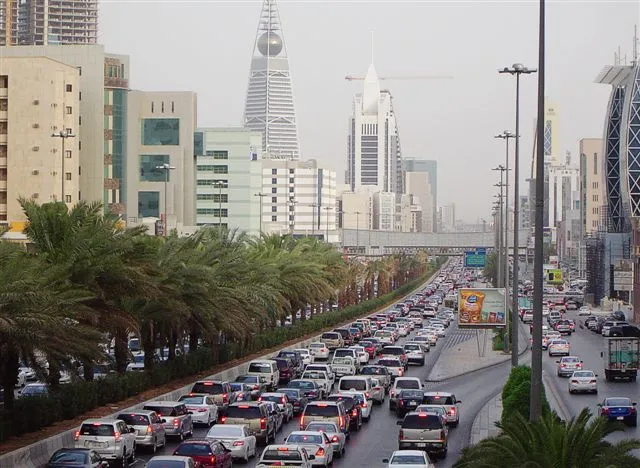The latest data available suggests that traffic pollution is still harmful to health in many parts of Europe. Transport in Europe is responsible for damaging levels of air pollutants and a quarter of EU greenhouse gas emissions. Many of the resulting environmental problems can be addressed by stepping up efforts to meet new EU targets, according to the latest report from the European Environment Agency (EEA). The EEA’s annual report under the Transport and Environment Reporting Mechanism (TERM) assesses the
December 3, 2012
Read time: 4 mins
The latest data available suggests that traffic pollution is still harmful to health in many parts of Europe. Transport in Europe is responsible for damaging levels of air pollutants and a quarter of 3287 EU greenhouse gas emissions. Many of the resulting environmental problems can be addressed by stepping up efforts to meet new EU targets, according to the latest report from the 5301 European Environment Agency (EEA).
The EEA’s annual report under the Transport and Environment Reporting Mechanism (TERM) assesses the environmental impact of transport across Europe. There have been some improvements over recent years, although these can be partly attributed to reduced economic activity during the recession. As the economic climate improves, the new EU transport targets should focus efforts to further reduce environmental impacts, according to the report.
Although air pollution has decreased over the last two decades, it is still a major problem in many areas. ‘Euro standards’ for vehicles have not succeeded in reducing real NO2 emissions to the levels set out in the legislation although they have made substantial improvements to air quality overall. Increasing transport of goods is also leading to poor air quality. Freight was one of the main causes of the high levels of NO2. Increased shipping over the last two decades has also meant that emissions of acid rain-causing sulphur oxides have only decreased 14 % since 1990, despite major efficiency improvements.
Jacqueline McGlade, EEA executive director said, “One of the big challenges of the 21st Century will be to mitigate the negative effects of transport – greenhouse gases, air pollution and noise – while ensuring positive aspects of mobility. Europe can take the lead by intensifying its work in the area of technological innovation in electric mobility. Such change could transform inner city living.”
People living near busy roads across Europe are still particularly exposed to excessive air pollution levels. Harmful nitrogen dioxide (NO2) levels above legal limits were registered at 44 % of roadside air monitoring stations in 2010. Particulate matter (PM10) levels exceeded limits at 33 % of these sites. These pollutants can affect the cardiovascular system, lungs, liver, spleen and blood. Europe needs to reduce the energy consumed by transport, since it was only 4.3 % lower in 2011 than its peak in 2007. Energy use in some transport modes has been strongly influenced by economic fluctuations in recent years. Freight transport demand is particularly sensitive to economic fluctuations. After a sharp drop between 2008 and 2009, it grew 5.4 % in 2010.
Passenger transport demand fell almost 1 % between 2009 and 2010. This seems to go against the long-term trend, as passenger transport demand has increased steadily across the EU since records began in the mid-1990s. Private car use has stayed more or less steady, the report says, despite the economic downturn and wide fuel price fluctuations over the last decade.
In some cases, prices may be influencing people to make choices which are damaging for the environment. Buying a car has become steadily cheaper in real terms since the mid-1990s, the report notes, while train travel and passenger transport by water has become more expensive. Nonetheless, new cars are becoming more fuel-efficient. The average car sold in 2011 was 3.3% more efficient than the average sold the year before.
The transport sector has to reduce carbon dioxide emissions by 68 % between 2010 and mid-century to meet the EU target. Greenhouse gas emissions from transport fell by 0.4% between 2009 and 2010, and early estimates show a similar decrease between 2010 and 2011.
Noise is another impact from transport which can cause serious health problems. The report finds that in Europe’s biggest cities, 60% residents are exposed to harmful levels of traffic noise. Even in the countryside, 24 million Europeans are exposed to damaging traffic noise at night. This can cause both physical and psychological problems.
The EEA’s annual report under the Transport and Environment Reporting Mechanism (TERM) assesses the environmental impact of transport across Europe. There have been some improvements over recent years, although these can be partly attributed to reduced economic activity during the recession. As the economic climate improves, the new EU transport targets should focus efforts to further reduce environmental impacts, according to the report.
Although air pollution has decreased over the last two decades, it is still a major problem in many areas. ‘Euro standards’ for vehicles have not succeeded in reducing real NO2 emissions to the levels set out in the legislation although they have made substantial improvements to air quality overall. Increasing transport of goods is also leading to poor air quality. Freight was one of the main causes of the high levels of NO2. Increased shipping over the last two decades has also meant that emissions of acid rain-causing sulphur oxides have only decreased 14 % since 1990, despite major efficiency improvements.
Jacqueline McGlade, EEA executive director said, “One of the big challenges of the 21st Century will be to mitigate the negative effects of transport – greenhouse gases, air pollution and noise – while ensuring positive aspects of mobility. Europe can take the lead by intensifying its work in the area of technological innovation in electric mobility. Such change could transform inner city living.”
People living near busy roads across Europe are still particularly exposed to excessive air pollution levels. Harmful nitrogen dioxide (NO2) levels above legal limits were registered at 44 % of roadside air monitoring stations in 2010. Particulate matter (PM10) levels exceeded limits at 33 % of these sites. These pollutants can affect the cardiovascular system, lungs, liver, spleen and blood. Europe needs to reduce the energy consumed by transport, since it was only 4.3 % lower in 2011 than its peak in 2007. Energy use in some transport modes has been strongly influenced by economic fluctuations in recent years. Freight transport demand is particularly sensitive to economic fluctuations. After a sharp drop between 2008 and 2009, it grew 5.4 % in 2010.
Passenger transport demand fell almost 1 % between 2009 and 2010. This seems to go against the long-term trend, as passenger transport demand has increased steadily across the EU since records began in the mid-1990s. Private car use has stayed more or less steady, the report says, despite the economic downturn and wide fuel price fluctuations over the last decade.
In some cases, prices may be influencing people to make choices which are damaging for the environment. Buying a car has become steadily cheaper in real terms since the mid-1990s, the report notes, while train travel and passenger transport by water has become more expensive. Nonetheless, new cars are becoming more fuel-efficient. The average car sold in 2011 was 3.3% more efficient than the average sold the year before.
The transport sector has to reduce carbon dioxide emissions by 68 % between 2010 and mid-century to meet the EU target. Greenhouse gas emissions from transport fell by 0.4% between 2009 and 2010, and early estimates show a similar decrease between 2010 and 2011.
Noise is another impact from transport which can cause serious health problems. The report finds that in Europe’s biggest cities, 60% residents are exposed to harmful levels of traffic noise. Even in the countryside, 24 million Europeans are exposed to damaging traffic noise at night. This can cause both physical and psychological problems.









